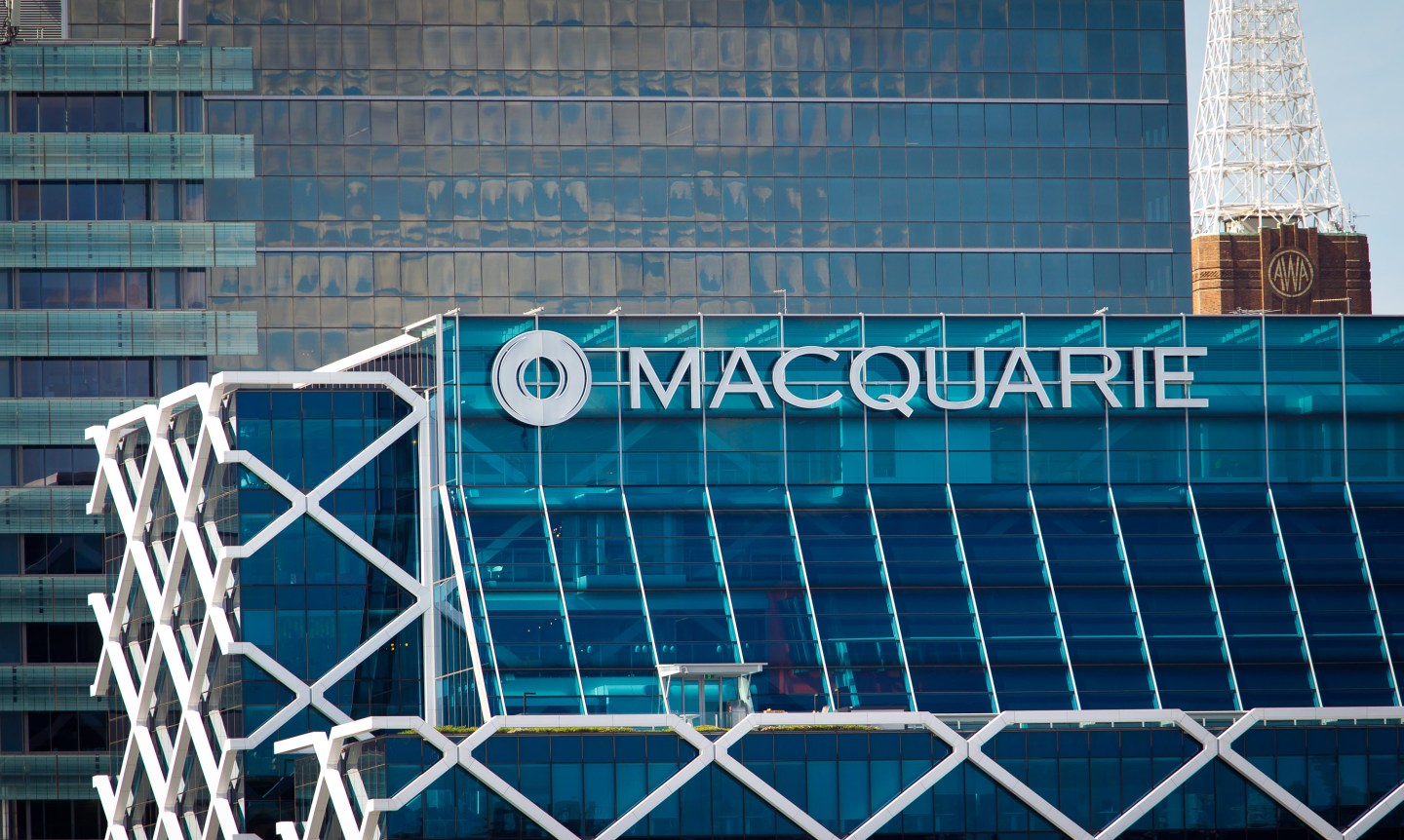Two Australian banks have offered to pay fines for “cartel conduct” when trading foreign exchange contracts for the Malaysian ringgit, in the latest controversy engulfing banks and their manipulation of foreign exchange rates.
Australia’s No.1 investment bank Macquarie Group (MQBKY) and top corporate lender Australia and New Zealand Banking Group (ANZBY) on Friday said they offered to pay fines totaling A$15 million ($11 million). The two banks, however, will still face prosecution in Australia over the matter and, potentially, from overseas authorities.
The admission may provide further ammunition for a recent Malaysian government crackdown on foreign banks trading in the ringgit in offshore market, seen by bankers as an attempt to curb a devaluation of the currency.
The two Australian banks said in separate statements they offered to pay the fines after the antitrust agency started court proceedings over the companies’ actions in Singapore when trading foreign exchange contracts for the Malaysian ringgit in 2011.
“These proceedings are a reminder that Australian cartel laws apply to financial markets, and capture cartel conduct by firms that carry on business in Australia, regardless of where that conduct occurred,” Australian Competition and Consumer Commission (ACCC) Chairman Rod Sims said in a statement.
Separately, three major Australian retail banks, including ANZ but not Macquarie, are defending charges laid by the country’s securities regulator over allegations they manipulated the benchmark bank bill swap reference rate (BBSW).
The Australian corporate regulator has also been investigating whether the country’s banks and currency traders were colluding in foreign exchange markets, part of a global crackdown in the sector.
The ACCC did not say on Friday whether the banks succeeded in influencing the ringgit rates – which affect who profits from a trade, and by how much – but said that rules required them to make their pricing submissions independently.
ANZ admitted to 10 instances of cartel conduct by three unidentified employees, all of whom had left the company, and agreed to pay a A$9 million fine.
“While there is no evidence that FX benchmarks in Singapore were successfully influenced, we accept responsibility and apologize for the actions of our former employees,” ANZ Chief Risk Officer Nigel Williams said.
The lender noted that the Australian legal action came after the Monetary Authority of Singapore investigated 20 banks in relation to the same matter in 2013 and found 133 traders had tried to rig key borrowing and currency rates.
Macquarie, which agreed to pay A$6 million, said it terminated the unnamed junior employee involved in the actions in 2012, and that “no Macquarie senior management or any other Macquarie employees were involved in or aware of the conduct.”
Both banks said they had offered to pay the fines, but the ACCC said it was up to the court to decide what penalties were appropriate.
Traders from Macquarie, ANZ and other banks communicated in private online chatrooms about their daily submissions to the Association of Banks in Singapore in relation to the benchmark rate for the Malaysian currency, the ACCC said.
The traders “attempted to make arrangements” about making “high or low submissions” to the Singapore authority, which would then set the daily exchange rate for contracts in the currency within the country.
The Monetary Authority of Singapore and Malaysia’s central bank did not immediately respond to requests for comment.






